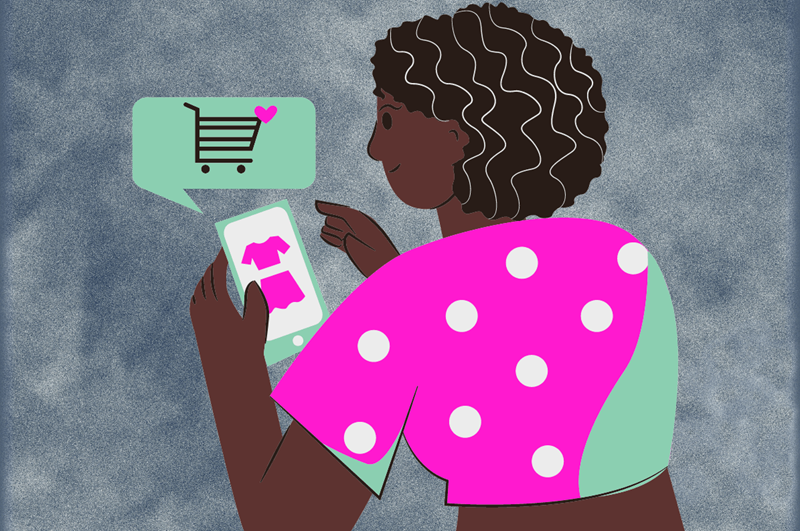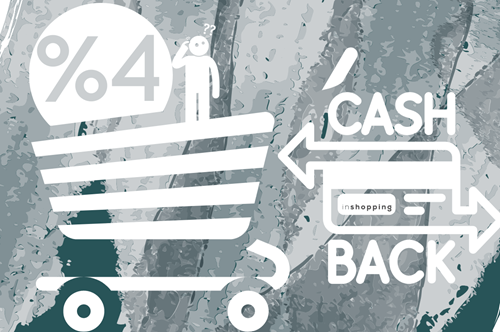
Emerged as a reaction to the unprecedented level of consumption we experience today, slow shopping is a practice that works for the benefit of not only the consumer but also a great number of brands. It aims to discourage consumers from impulse buying without giving their decisions a second thought. And, to achieve that goal, slow shopping promotes a calmer shopping practice that is based on awareness.
Having said that, slow shopping doesn’t just focus on the consumer. It argues that this ideal and “slower” shopping practice benefits brands as well as consumers. Why? Because when consumers adopt a calmer shopping process and make better decisions, it is easier for brands to fulfil their responsibility in terms of sustainability, waste and the environment, which in turn improves their brand value.
We know that shopping platforms aiming to slow down the shopping process by providing a variety of experiences are nothing new. In the UK and the US, there are number of department stores that have introduced sitting areas, for instance. We also know that a great number of brands are working towards creating user experience solutions that enable the consumer to try things out while shopping. This experience-oriented and calmer shopping approach also enables better accessibility to old people, people with disabilities, families with young children as well as people with social anxiety disorders.
A Simple Guide to Slow Shopping
-
Take good stock of your needs
Not being able to take stock of what you need is one of the main reasons why you might be prone to impulse buy. Think of it like shopping for groceries without a shopping list. When you don’t have a plan, you make one up as you go, which results in impulse buying. So, if you want to adopt a calmer shopping experience with more awareness, your first step should be to take good stock of your needs. Once you have a mental list of what you need, you’ll find it easier to focus on your target and won’t get distracted by shiny offer and tempting products that you don’t actually need.
-
Know yourself and what you really like
Here’s another reason why you are tempted to impulse buy: you don’t really know what you like and dislike. If you don’t want to get distracted by illusion created by products, you need to have a good understanding of your personal taste and preferences in the real world. A deep analysis of your personal taste and preferences will keep you grounded, and you won’t end up with a wardrobe full of items that have never seen the light of day.
-
Take your time
The offers and coupon codes you see while shopping online will make you think that you have to make a quick decision. Don’t let that put you in a rush. You don’t have to buy a product just because it’s a really good offer. Take your time. Whether it be a few hours or a few days, give yourself some time to think about the decision. If you’re shopping online, you can simply put the product in your cart and think about it for a while. You can also go to the store to see the product for yourself, if that’s an option.
-
Make quality a priority
If you want to make better decisions when shopping, you have to prioritize quality. When you prefer good-quality products and brands, you won’t feel the need to replace things or buy new items very often. It’s true that high-quality products can be on the expensive side, but you don’t need to have a fortune to buy those products. You can plan your shopping according to sale seasons of high-quality brands. You can also consider second-hand shopping. If you play your cards right, you can purchase high-quality products with a bargain.
-
Learn more about slow and minimal consumption methods
If you want to have more awareness over what you consume, it might be a good idea to educate yourself on issues like sustainability, environment, ethical fashion, slow fashion, fair labor, recycling, upcycling, etc. Diving into these topics will also raise your awareness on which brands are doing well in terms of assuming responsibility. Methods such as minimalism and capsule wardrobe are also good ways to reduce your spending and encourage you to have awareness on your shopping decisions.































REVİEWS - 0 reviews